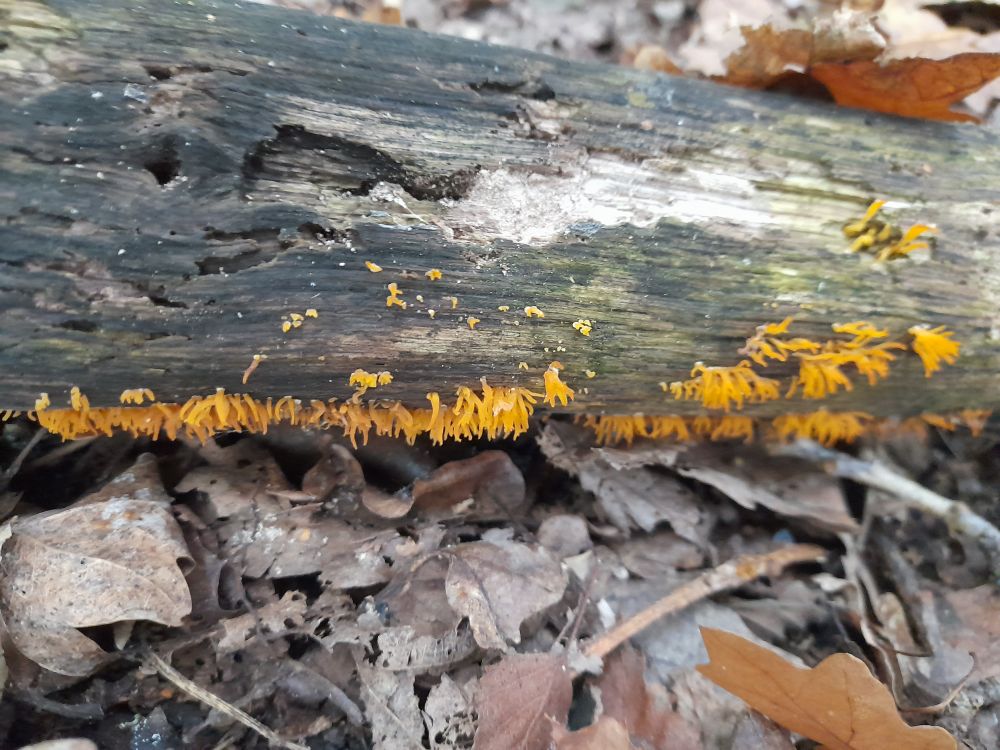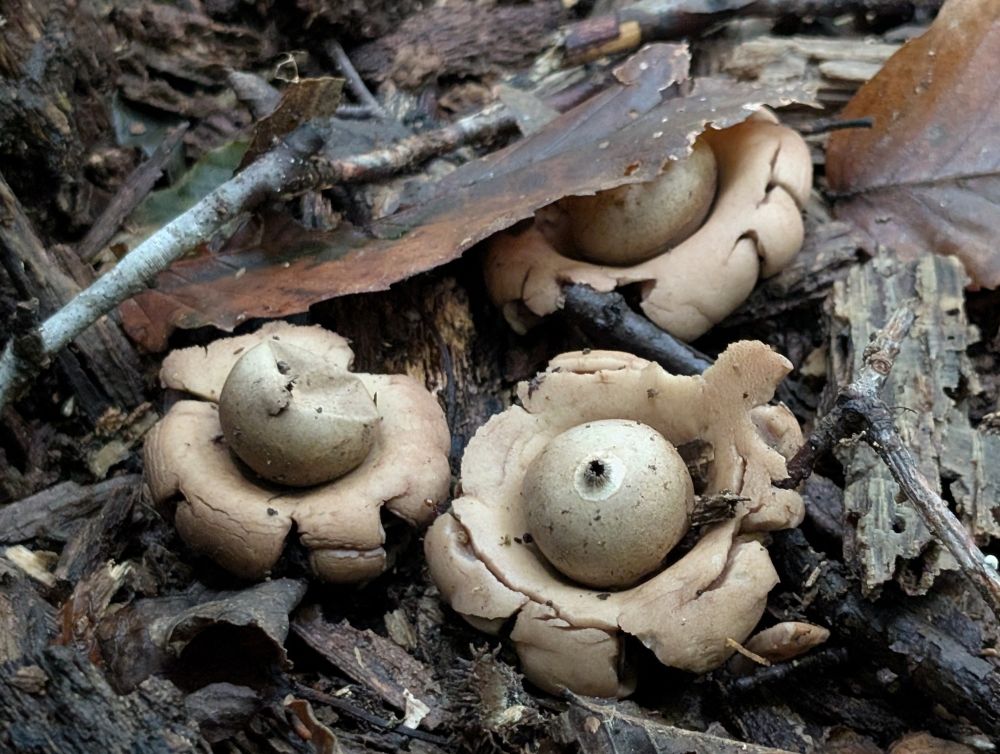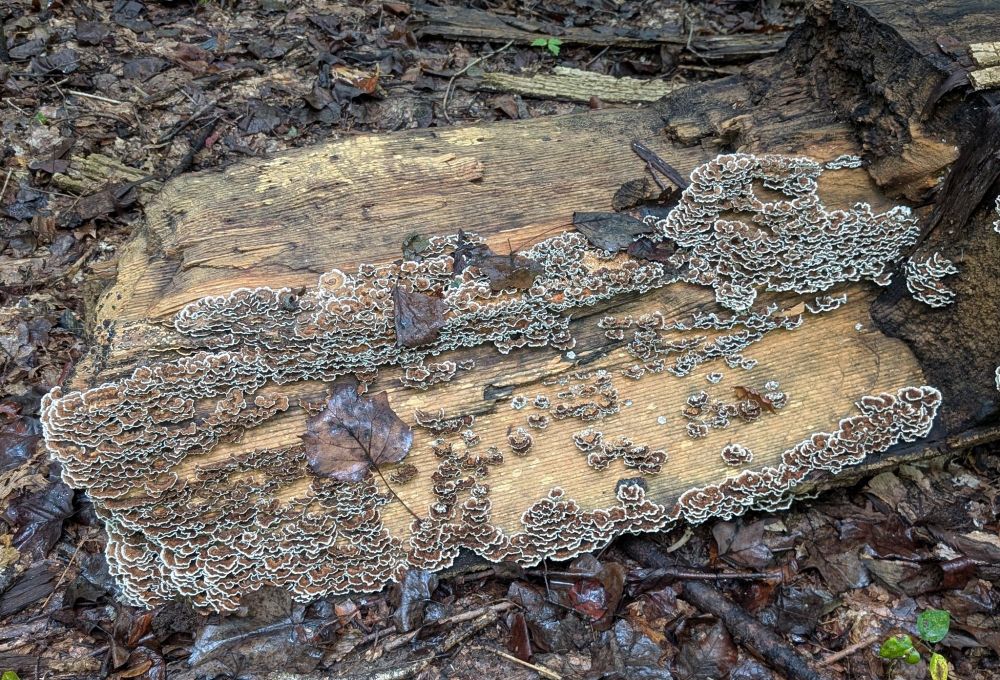Bengi Kendrick
@fungiwithbengi.bsky.social
2.7K followers
900 following
2K posts
Fungi. Nature. Parasites. Plants.
Skinny dude speaking up for even smaller organisms.
North of Kenomee, Nova Scotia, Mi'kma'ki
@benkendrick on iNat
Posts
Media
Videos
Starter Packs
Reposted by Bengi Kendrick
Reposted by Bengi Kendrick
Reposted by Bengi Kendrick
Reposted by Bengi Kendrick
Reposted by Bengi Kendrick
Reposted by Bengi Kendrick
Reposted by Bengi Kendrick
Reposted by Bengi Kendrick
Reposted by Bengi Kendrick






























